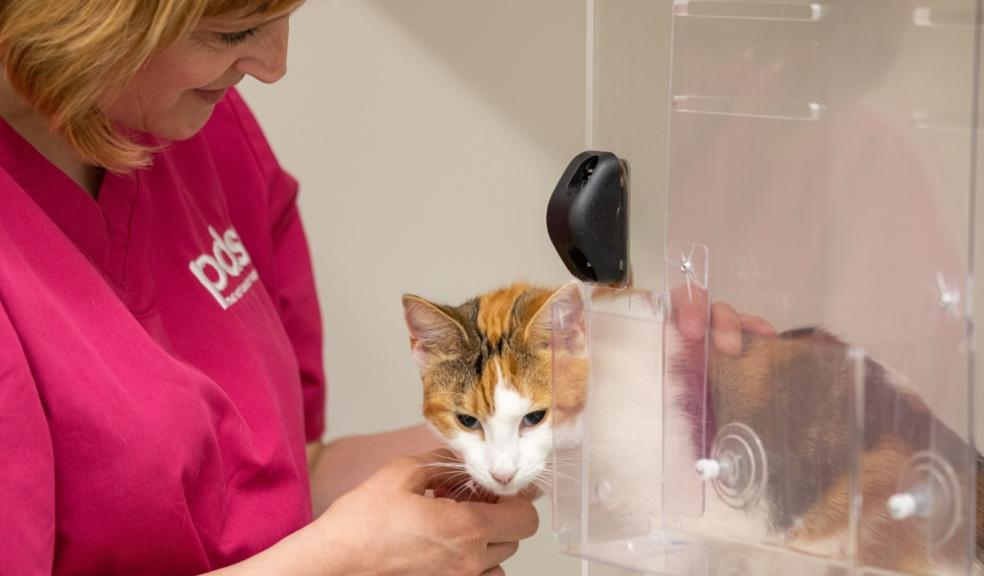
PDSA Pet Care Column: Two months left for cats in England to be microchipped before new law
Did you know - as of 10 June 2024, it will become law for all cat owners in England to have their feline friend microchipped? This leaves just two months to go for millions of cat owners up and down the country to abide by the new law.
Whether you already have a cat, are in the process of getting a cat or it's in your near future plans, all cats, no matter age or whether they don't venture outdoors, will need to have a microchip.
PDSA Vet Nurse, Nina Downing shares key information cat owners need to know, and her advice ahead of the looming law change.
What is a microchip
"A microchip is a tiny identification device that contains a unique number, usually 15 digits, linking a pet to their owner. In cats, microchips are implanted under the skin between the shoulder blades – it's a very quick procedure that takes just a few seconds and doesn't require sedation or anaesthetic.
"Microchipping ensures any lost or stolen cats have the best chance of being reunited with their owners as quickly as possible. A quick scan of an up-to-date microchip can trace a cat directly back to their owner, and their home.
"Microchips can contain various amounts of vital information, and the more kept up to date information stored on your pet's microchip, the better! Some of the key information that can be stored includes, the pet owner's full name, address and contact details. The pet's assigned name, gender, breed, date of birth and even their colour.
"A microchip cost is usually between £10 - £30. Some vets will include a microchip in their health plans, or offer them alongside other services, such as neutering.
Why cats need to be chipped
"Even if your cat lives indoors, microchipping is still necessary as they will be included in the new law. Owners may not be too worried about the risk of their cat getting lost if they have an indoor cat, but there's plenty of ways they can sneak outside, by nipping out through an open door or window. Microchipping pets provides that extra peace of mind, and hope that you'll soon be reunited.
"They are also useful to keep other cats out of your house with a microchip-activated cat flap and can restrict food access if you have a microchip food bowl. If you have either of these gadgets, you can also easily monitor your cat's comings and goings and how often they eat.
Key information for cat owners
"Whilst there is no minimum age to have your cat microchipped, the new legislation in England states that cats must be microchipped by 20 weeks of age.
"It is really important that owners are aware of which database their pet's microchip is registered to so they are able to keep their details up to date. Moving address or getting a new phone number is vital information which needs registering with the microchip database.
"Any owners with cats that are not microchipped face the risk of a £500 fine from 10 June 2024. Once the new law comes into force, owners found without their cat microchipped will have just 21 days to have one implanted to avoid the fine."
To find out more about microchipping head to PDSA's website: www.pdsa.org.uk/microchipping-cats







